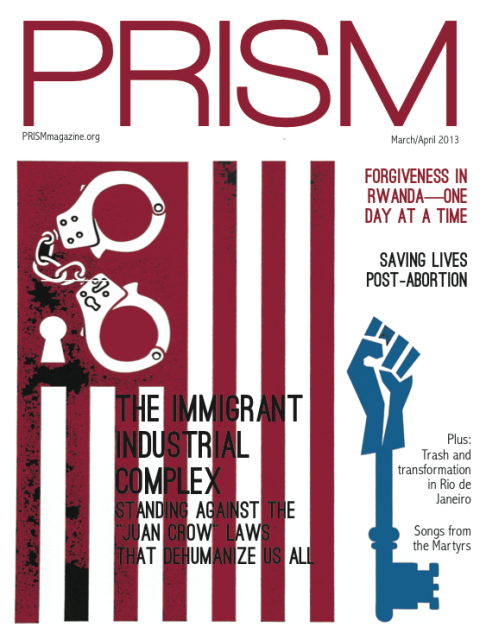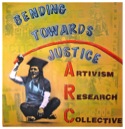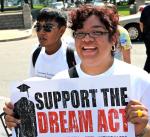Press Release: Research by OHI Reveals the Ongoing Separation of Families through Detention and Deportation
April 15, 2013
The organizing efforts of The National Immigrant Youth Alliance continue to shine light on the grim reality of the vast complex built for the detention and deportation of immigrants that separates families and expose immigrants to all sorts of human rights abuses.
Claudia Munuz, a NIYA organizer, allowed herself to be detained by border patrol in order to infiltrate the unjust immigrant detention complex to discover the stories of women facing deportation. While she was prepared to face the daily struggles of detainment and possible deportation herself, she tells me further, “I was unprepared to hear and respond to the despair of women facing separation from their children.” Just over 70 percent of female detainees facing deportation from Calhoun County Jail in Michigan will be separated from at least one U.S. born child under the age of 10.
The Calhoun County Jail, located in Battle Creek, Michigan, is the largest immigration detention facility in the State. They began housing immigrant detainees in 2007 after signing an indefinite contract with ICE. Claudia has observed the Assistant ICE Field Office Director using intimidation and verbal abuse to force immigrant detainees to sign a Voluntary Departure (foregoing their right to a hearing before a judge). When one detainee refused to sign saying he was not a bad person and that he wanted to see a judge, the Assistant ICE Field Office Director laughed into his face saying, “ICE has more power than any immigration judge.” He continued with further threats if the Voluntary Departure was not signed. This among many other documented abuses at Calhoun County Jail demonstrates a lack of Federal oversight that exposes immigrant detainees to unjust human rights violations.
Tomorrow (April 16), the Senate “Gang of Eight” will most likely reveal their plan for immigration reform that will not include any answer to the unjust treatment of immigrant detainees. In fact, their immigration reform bill will include an increase in interior enforcement and a long path to citizenship for a select few contingent on 100 percent U.S.-Mexico border surveillance and a 90 percent detainment rate on that border. This makes no sense for those of us working for a better America towards justice!
Claudia was literally detained as a criminal for no other reason than lacking “proper” papers. This is the fear immigrants face everyday while going to work or school and caring for their families. There is no just and fair immigration reform without an end to the detainment and deportation of immigrants. Claudia has lived in the United States for 12 years, but it was these 11 days (so far) in jail that taught her, she tells me, “I was never free.” Whether in detention or not, life in America for immigrants offers no freedom or justice.
Today (April 15), The National Immigrant Youth Alliance is calling for two actions:
- Demand the Release of All Low-Priority Detainees!
- Demand the Removal of ICE Director Rebecca Adduci and ICE Assistant Director James Jacobs
For more details on other immigrant detainees in Michigan and to Sign the Petition, go to the following link:
http://action.dreamactivist.org/mice
Steve Pavey, Ph..D., is an applied anthropologist engaged in activist scholarship as a Senior Research Scientist at the One Horizon Institute in Lexington, Ky.







